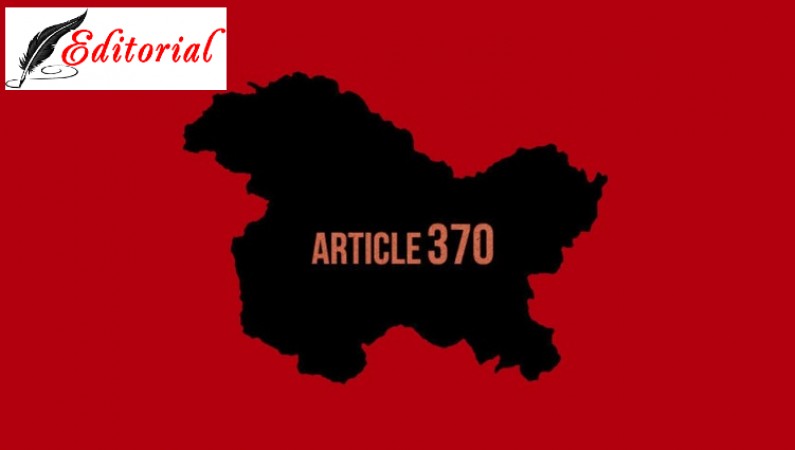
The latest directive from the Supreme Court regarding the conduct of elections in Jammu and Kashmir has drawn significant attention. Upholding the decision to revoke the special status of the region under Article 370, the Constitution Bench outlined a clear mandate: the Election Commission of India (ECI) must oversee elections to the Legislative Assembly of J&K by September 30, 2024. This move marks a crucial step towards addressing the prolonged delay in elections within the region, which has languished without a Legislative Assembly since June 20, 2018, existing under Governor's Rule and President's Rule.
While the Court's imposition of a deadline for conducting elections is commendable, there remains an inconsistency in the judgment's failure to press for the restoration of statehood to the bifurcated Union Territory. Despite assurances from the Solicitor General, the promise of reinstating statehood has yet to materialize. The Bench acknowledged that direct elections should not be stalled until statehood is reinstated. However, it missed an opportunity to instruct the Union government to both reinstate statehood and conduct elections by a specified deadline, considering there is no compelling rationale for J&K to persist as a Union Territory.
The restoration of statehood holds significant importance as it guarantees a level of federal autonomy, empowering the elected government to effectively address the concerns of the populace rather than relying solely on Union government representatives.
Jammu and Kashmir persist as one of India's most conflict-prone regions, owing partly to historical complexities surrounding its integration into the Indian Union and compounded by grievances stemming from past democratic processes. Despite periodic elections during times of unrest, participation in many parts of the Valley remained limited, indicative of widespread disillusionment with the political system.
However, a shift occurred in the early-mid 2000s as electoral engagement improved, allowing citizens to channel their concerns through democratic channels. Unfortunately, recent measures by the Bharatiya Janata Party government have contributed to a state of disquiet. Over the past five years, local government elections have displayed varying levels of participation, reflecting the prevailing sentiment in the Valley against the measures implemented since 2018.
India has long prided itself on being a stalwart of democratic processes, a hallmark critical for conflict resolution, especially in regions like Kashmir. Absent robust political engagement, the exchange of ideas, and faith in elected representatives' ability to address citizen grievances, the prospects for normalcy in the region remain elusive.
To sum up, while the Supreme Court's directive for timely elections in Jammu and Kashmir is a crucial stride, there is an urgent need for parallel efforts to restore statehood. This reinstatement is pivotal in granting the region the autonomy necessary to usher in stability and genuine democratic representation for its people.
The Legal Odyssey of Article 370: A Timeline of Judicial Scrutiny
PM Modi Applauds Supreme Court's Historic Verdict on Article 370